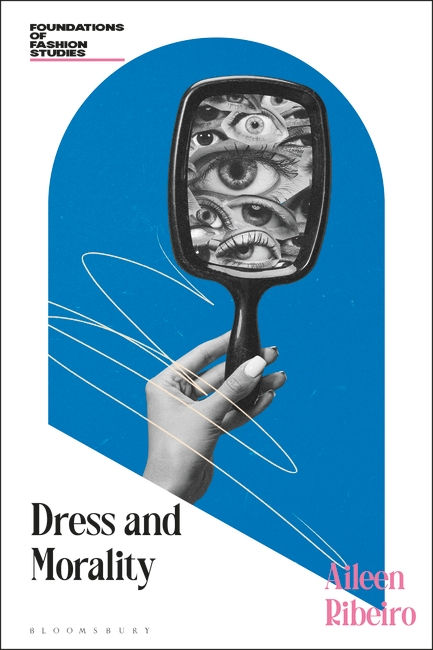At the dawn of the 21st century, the New York City indie rock scene emerged as a beacon of artistic innovation, capturing widespread attention. Within this vibrant milieu, Interpol’s second album, Antics, stands out as a landmark release.
Released in 2004, Antics initially received a spectrum of responses—acclaimed by fans yet, somewhat dismissively regarded by critics; nevertheless, time has favoured Antics, elevating it to a revered status among aficionados. Covering everything from its intricate musical craftsmanship to its innovative marketing, this book explores Interpol’s creative evolution and the album’s shift toward distinct singles while preserving its atmospheric essence.
Highlighting the band’s widespread appeal, especially in Latin America, this book examines their passionate fanbase and the cultural phenomena that emerged, showcasing the enduring bond between Interpol and their international audience. It also considers the global impact of Antics, underscoring the album’s longevity and Interpol’s role as architects of a sound that has resonated across borders and generations, cementing their place in the annals of modern music history.
Interpol's Antics
Gabriel T. Saxton-Ruiz
An in-depth look into Interpol’s seminal album Antics, charting its influence from early 2000s New York City to global acclaim, through musical analysis, marketing insights, and reflections on its lasting cultural impact, and with insights from lead singer Paul Banks.
Rights Sold
All rights available
Chinese Simplified and Complex rights exclusively represented by ANA Beijing and Taiwan
Book Details
Imprint: Bloomsbury Academic
Publication Date: 08-01-2026
Format: Paperback | 4 3/4 x 6 1/2 | 160 pagesAbout the Author
Gabriel T. Saxton-Ruiz serves as Chair of Cultural Studies and Professor of Latin American Literature and Culture at UIW in San Antonio, USA. His work focuses on twentieth- and twenty-first-century Latin American literature, literary translation, and popular culture. He is the author of Forasteros en tierra extraña (2012), co-editor of La narrativa de Jorge Eduardo Benavides: Textos críticos (2018), and translator and editor of Paciencia Perdida: An Anthology of Peruvian Fiction (2022).
Material Available

















